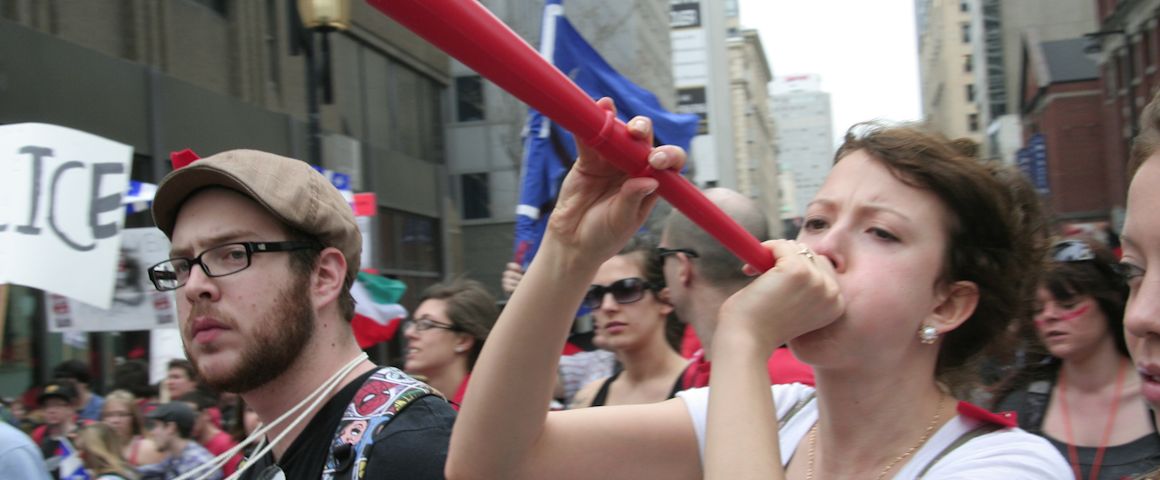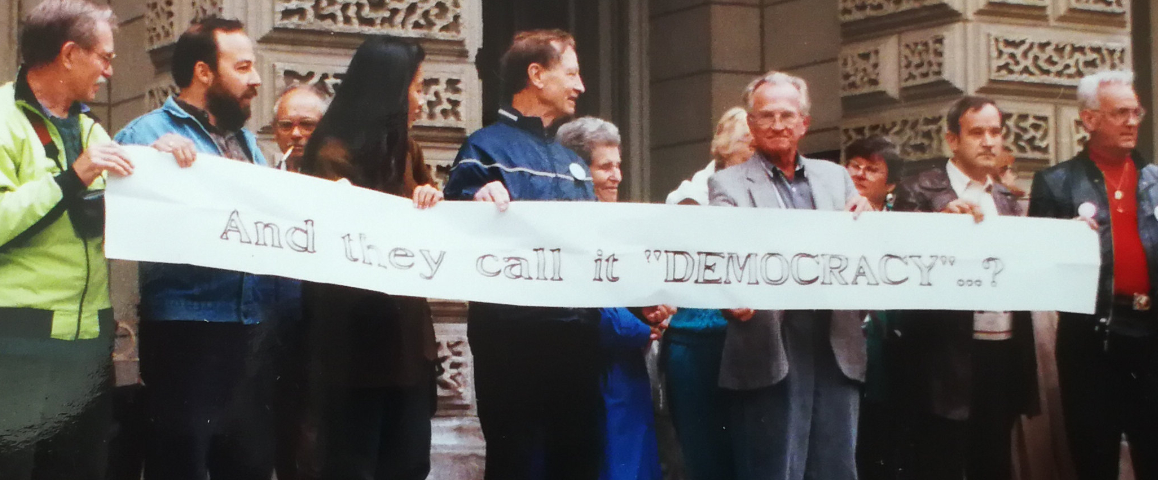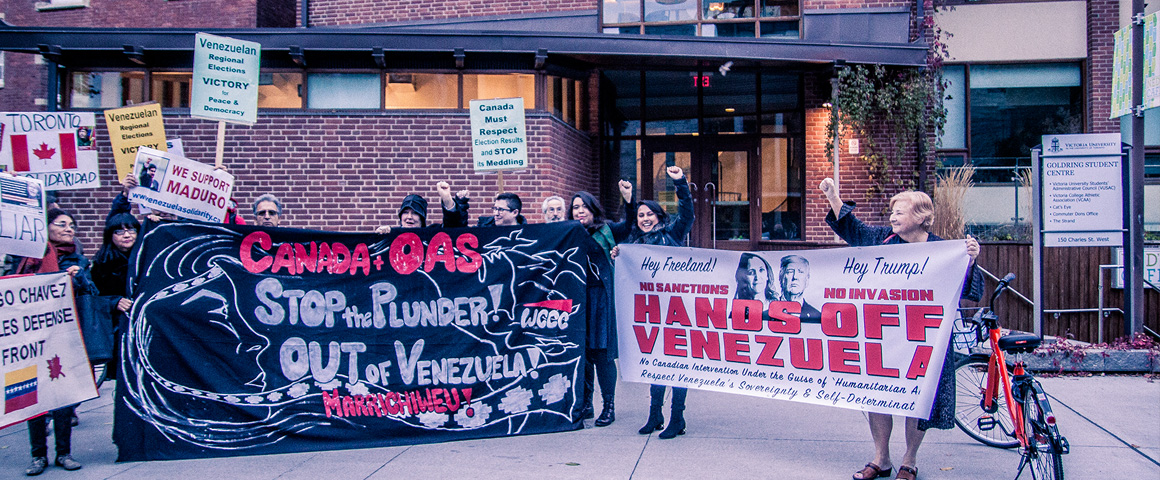Throughout this election campaign, opinion polls projected the probability of a minority government. It was a scenario that many progressives anticipated with relish, in the hopes that it would provide a strong opportunity for the labour and people’s movements to win meaningful reforms.
Now, with a minority government elected, the question is how do labour and its allies take advantage of this opportunity.
On the one hand, the election represents a rejection of hard-right policies. While the Conservatives won the popular vote and increased their seats over 2015, they were blocked from forming government and their Deputy Leader Lisa Raitt was defeated in a stunning upset. Andrew Scheer will not be able to implement his platform of privatization, cuts to services and infrastructure, and boutique tax cuts for the wealthy. The racist and far-right People’s Party fared far worse than expected, failing to win a single seat.
On the other hand, the left-of-centre vote was weaker than anticipated. The NDP had been projected to win between 30 and 35 seats but fell far short of that goal. Green support tumbled spectacularly in the final days of the campaign, resulting in only 3 seats. This means that the voices demanding even modest reforms in the direction of climate justice, expanded health care, progressive tax reform, and Indigenous sovereignty will be further diminished.
The reality is that the Liberals may be able to avoid much of the pressure typically forced upon a minority government. They won a much larger seat count than most polls projected, and only need to secure around 15 more votes to pass legislation. This means they do not need to rely consistently on parties of the centre-left, but can shop around, picking and choosing their allies depending on the issue at hand. While Trudeau will likely work with the NDP, Bloc Québecois and Greens on certain social reforms, the Liberals may very well pursue common cause with the Conservatives on key issues like pipelines and militarism.
Within this context, the necessary factor for winning progressive reforms from the minority government is a strong and united mass movement of labour and its allies. The record of the Trudeau government after the 2015 election shows clearly that the Liberals cannot be trusted to implement the progressive-sounding rhetoric that they use to get elected. With a new minority Liberal government, it is essential to move quickly, to build mass pressure from an extra-parliamentary movement that can force the government to introduce progressive reforms. Such a movement needs to clearly isolate the Conservatives, but also oppose all expressions of neoliberalism and austerity policies from any party.
The Communist Party, which People’s Voice endorsed, had a strong campaign in 30 ridings. Its call to “put people and nature before profit” was very well received at debates, at the doorstep, and online. The Communist platform, A People’s Agenda, provides a policy blueprint that can help form the backbone of a united, militant opposition.
Building mass pressure on the new government is an urgent task that requires the unity of trade unions and progressive movement representing Indigenous peoples, students, women, racialized people, the2S/LGBTiQ community, and climate activists. That unity needs to be organized, structured, and resourced.
For this to happen, labour must lead.




